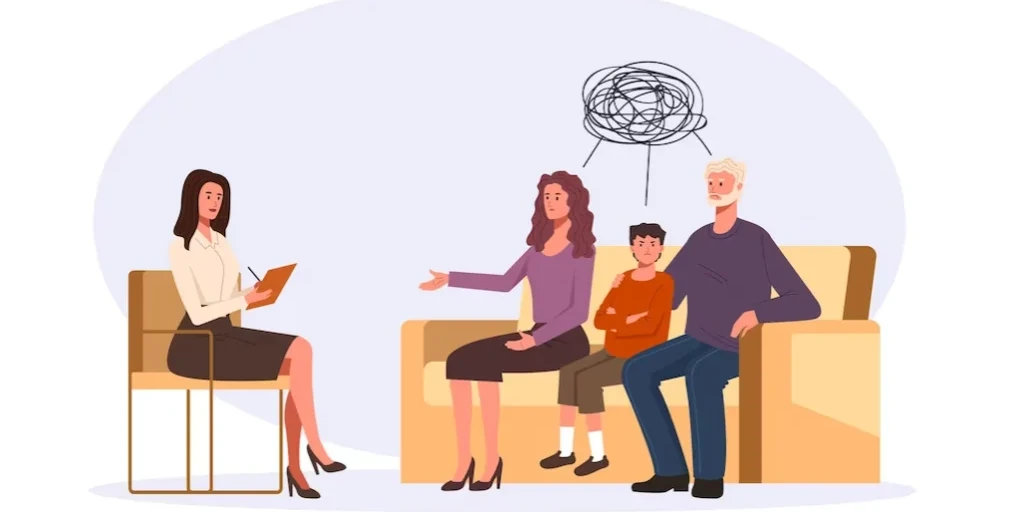24/7 Helpline:
(866) 899-221924/7 Helpline:
(866) 899-2219
Learn more about Depression Treatment centers in La Grande
Depression Treatment in Other Cities

Other Insurance Options

WellPoint

Group Health Incorporated

UMR

Absolute Total Care

Medical Mutual of Ohio

MVP Healthcare

Aetna

CareSource

GEHA

State Farm

Magellan
Beacon

Highmark

Choice Care Network

American Behavioral

Magellan Health

Health Partners

Amerigroup

Coventry Health Care

Anthem

Center for Human Development
Center for Human Development is a private rehab located in La Grande, Oregon. Center for Human Devel...

Jonathan M. Wainwright Memorial VA Medical Center – La Grande VA Community Based Outpatient Clinic
Jonathan M. Wainwright Memorial VA Medical Center - La Grande VA Community Based Outpatient Clinic p...


Heart Steps Counseling Services
Heart Steps Counseling Services is a private rehab located in La Grande, Oregon. Heart Steps Counsel...

Grande Ronde Recovery
Grande Ronde Recovery is a private rehab located in La Grande, Oregon. Grande Ronde Recovery special...
































































































